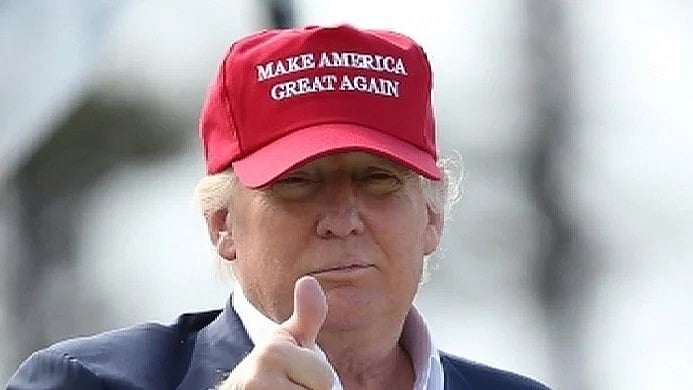World
US ends automatic work permit extensions after H-1B fee hike
This latest tightening of immigration rules is likely to affect thousands of Indian workers and spouses

Weeks after sharply raising the H-1B visa fees to $100,000 a year, the United States has announced it will end automatic extension of work permits for foreign nationals — a move expected to significantly affect Indian immigrants and visa-dependent workers.
The US department of homeland security on 29 October, Wednesday, said that Employment Authorisation Documents will no longer be automatically extended for individuals who file renewals on or after 30 October 2025. Until now, eligible applicants received an automatic extension of up to 540 days when they submitted a timely renewal request.
“It’s a commonsense measure to ensure appropriate vetting and screening has been completed before an alien’s employment authorisation or documentation is extended. All aliens must remember that working in the United States is a privilege, not a right,” US Citizenship and Immigration Services (USCIS) director Joseph Edlow said in a statement.
The Biden-era rule allowed uninterrupted employment while paperwork was processed. The reversal means foreign workers — including many spouses of H-1B visa holders — must now contend with the risk of employment gaps if renewals are delayed.
According to DHS, foreigners must now apply up to 180 days in advance to avoid disruptions: ‘Seek a timely renewal of their EAD by properly filing a renewal application up to 180 days before their EAD expires’ — that’s the advice.
The new policy affects:
Spouses of H-1B visa holders (H-4 dependents)
Spouses of L-1 and E-visa holders
Foreigners with refugee or asylum status
Published: undefined
Automatic extensions already granted before 30 October 2025 will remain valid, however, the DHS clarified.
The change follows US president Donald Trump’s 19 September proclamation increasing the annual fee for H-1B visas to $100,000 — a move widely viewed as a deterrent for skilled foreign workers and the employers who hire them.
Indian nationals are expected to be among the most affected. As of 2022, the US was home to 4.8 million Indian Americans, according to US Census Bureau data, and nearly two-thirds of them are immigrants. Also, Indians have made up 71 per cent of all approved H-1B applications in recent years — and a large share of these Indian workers in the US rely on corresponding work authorisations for their spouses as well.
Immigration experts warn that the latest move could lead to job losses, legal uncertainty and extended periods without income for affected families if processing delays persist. Employers, particularly in technology and healthcare sectors, are also expected to face renewed administrative challenges.
While DHS framed the change as a security and vetting measure, immigrant advocacy groups have described the shift — combined with the steep H-1B fee hike — as a harsh tightening of America’s skilled worker pipeline at a time when labour shortages persist in key sectors.
The new rules mark another escalation in Washington’s immigration controls, underscoring a shifting policy landscape for foreign professionals in the US.
Published: undefined
Follow us on: Facebook, Twitter, Google News, Instagram
Join our official telegram channel (@nationalherald) and stay updated with the latest headlines
Published: undefined